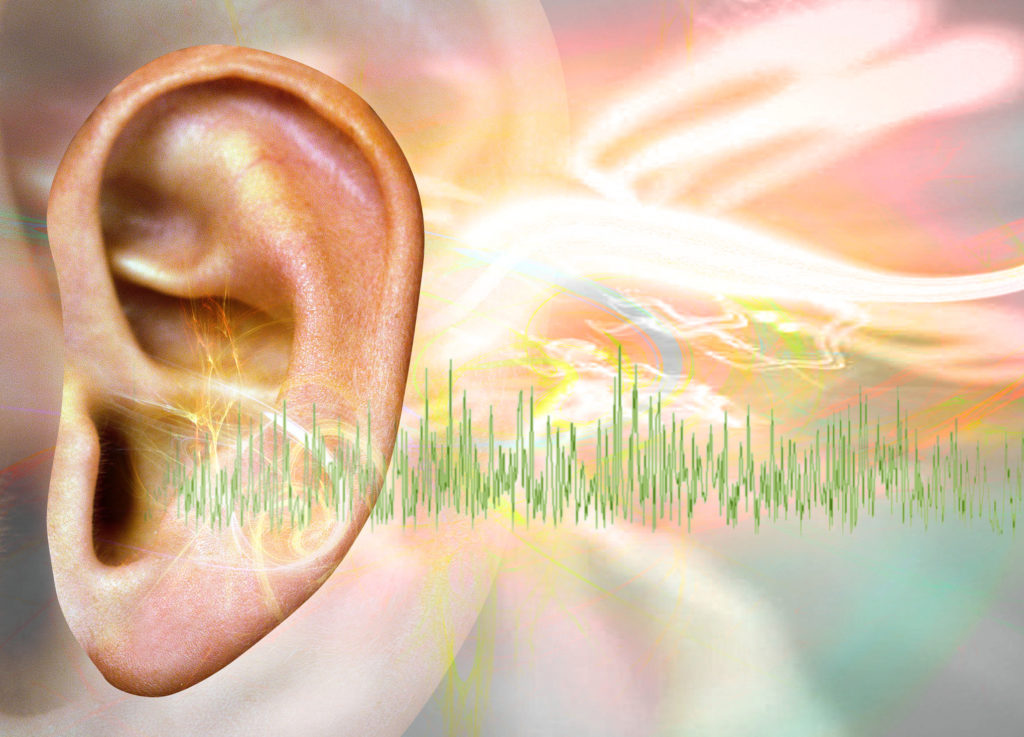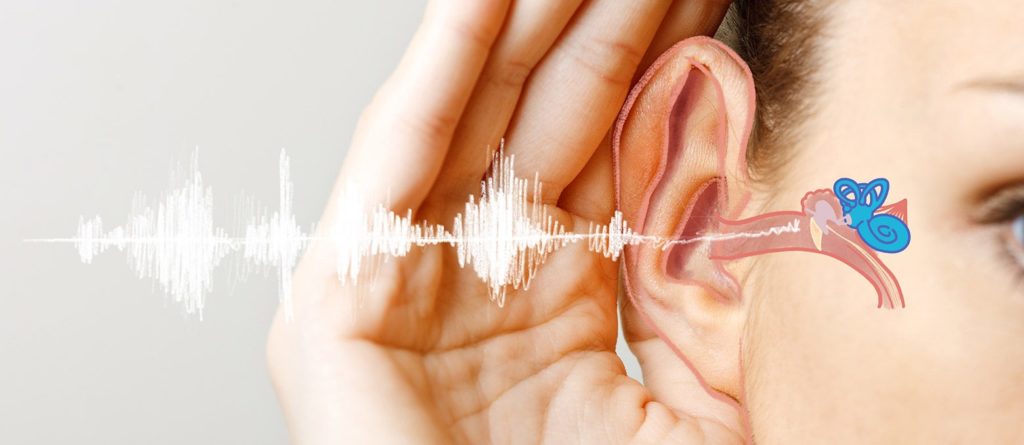You may take your hearing for granted, but take a moment to consider what it would be like if you had hearing difficulties. How would you cope with missing parts of conversations, not being able to enjoy music the way you used to, and people treating you as ‘slow’ because you are having issues communicating effectively?
You might be surprised to learn that hearing loss doesn’t just affect those over a certain age. In fact, it is estimated that around 1.1 billion young people between the ages of 12 and 35 have some degree of hearing loss. According to studies, more than 11 percent of those with hearing loss also suffered from depression, which is understandable when you stop to think about it. I think most people with hearing loss can relate to that feeling when you just can’t hear a person speaking, but everyone else can. It can make you feel left out or defeated, which can lead to you avoiding social interaction of all kinds. This is a normal reaction, but there are ways to overcome the situation. In this article, we’ll look at a few recommendations from experts.
First, Don’t Hide Your Feelings
Hearing loss is a loss like any other in our lives, and there is a grieving process you will go through. Make it easier on yourself by reaching out to friends and family for help. You can also talk about your feelings with a therapist.
Try to Make Communication Easier
There is no easy way to get used to living with hearing loss. This is especially true for older people, who wait an average of 7 years to accept they have a problem and get treated. During this time, people often find social situations much more difficult and begin avoiding them altogether. This piece of advice is more for parents and spouses of people with hearing issues, who can help ease communication by:
- Turning down background noise, like the TV or dishwasher.
- Calling the person’s name before you start talking.
- Speaking slowly and clearly. Raising your voice can distort the sound of your words.
- Facing the person when you speak so they can see your mouth and gestures.
- Trying to talk in areas that are well lit, quiet, and calm. People with hearing issues often develop some level of lipreading skills, initially as a way to hide their issues and later as a subconscious reflex.

Know Your Options
When you learn more about hearing loss, you can ease your anxiety and start to feel better. Plus, there are resources that can make your life easier. Get the help of a licensed audiologist or ear, nose, and throat doctor. They can help you learn about:
- Treatment options like hearing aids or cochlear implants
- Support groups in your area
- What you’ll need in the way of medical checkups
Be Realistic
It can be frustrating to see a family member lose their hearing and do nothing about it. However, there is very little anyone can do to make someone change their mind. Remember that people with hearing issues are quite often in denial, especially with the stigma attached to the condition. A better strategy would be to encourage them to make a decision based on the positive things they are missing out on by being stubborn, and how they have the power to improve their situation.
That being said, don’t expect hearing aids to be a miracle cure. It can take time for your brain to adjust to the sound coming through that hearing aid, and oftentimes, you will need to learn how to listen again, especially if you’ve left your condition go untreated for many years. Also, there is no shame in not responding well to treatment, so don’t beat yourself up if you can’t adapt to hearing aids. Just be honest about it.
Get Treated
When you’re losing your hearing, you may worry that your ability to communicate with everyone around you goes away, too. But that’s only true if you don’t get help. Life’s too short to deal with what-ifs. Put yourself out there and get the help you need.
What is your opinion of the tips above? Are you experiencing hearing loss, or do you know someone who is? Let’s have a conversation in the comments below!


